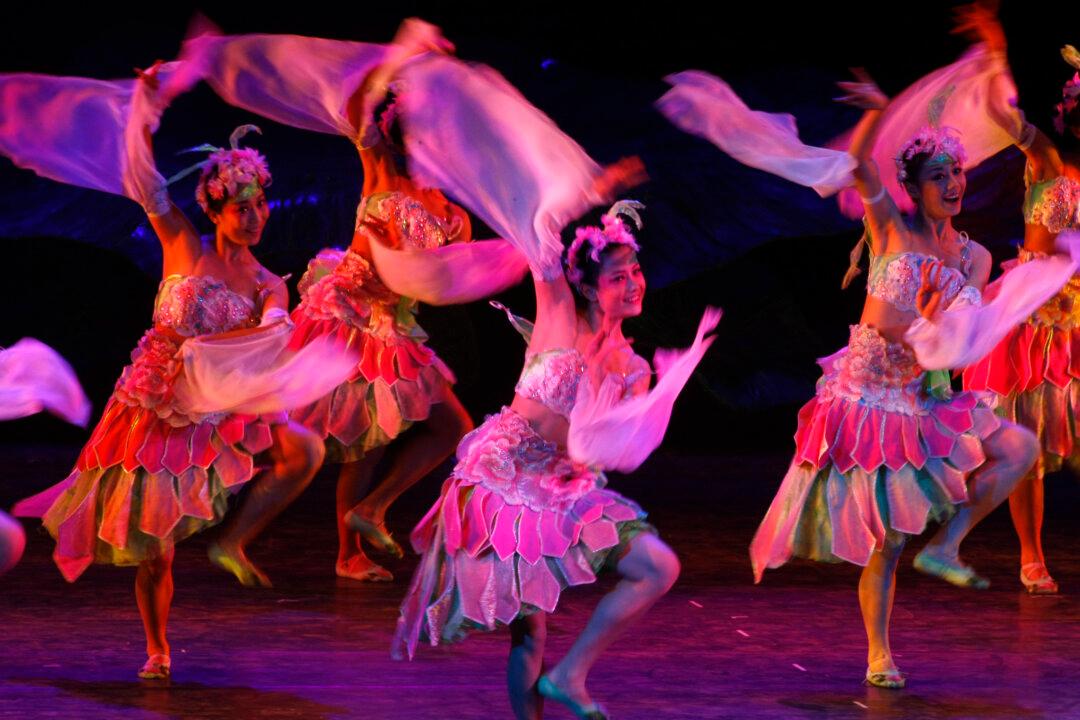For decades, the People’s Liberation Army (PLA) has employed large numbers of performers in what are known as “cultural arts units.” As communist troops brought bombs and bullets to the battlefields of the Chinese civil war, these propaganda brigades served Mao in winning over the hearts and minds of the masses.
But this once important symbol of the regime’s military has sunk to scandalous depths. The “entertainment army,” as it’s often called, is riddled with corruption, and the all-female cultural troupes have come to be regarded as material for illicit trysts with military officers and Party officials.
The PLA is a highly powerful institution in China, and because military officers and Party leaders are not subject to the scrutiny of a free media, their abuses including the treatment of women remain “open secrets.” Such matters are widely accepted and discussed among Chinese people, but hard evidence that would typically emerge in societies with functioning judicial systems is often lacking.
The result is that this seedy set of relationships has been known about for years, but details are often scarce. A veteran of one PLA troupe, however, has now shed new light on one of the most high-profile instances of a military singer becoming a mistress: Song Zuying, the consort of former Party leader Jiang Zemin.
A Veteran’s Secrets
The relationship between Jiang and Song, a singer with the navy’s Song and Dance Troupe, has been tabloid fodder in the overseas Chinese press for decades.
Speaking to Epoch Times using the pseudonym Xiao Mei, a veteran of a PLA cultural troupe said that during her five years as one of Song’s assistants, she learned of Jiang’s licentious inclinations from the singer herself, as well as details about how the female song and dance troupes in the military were regularly used to satisfy senior male officers.
The individual cannot be named, or her years of service revealed, for reasons of personal safety, given that discussing Party leaders in China can be met with retaliation.





